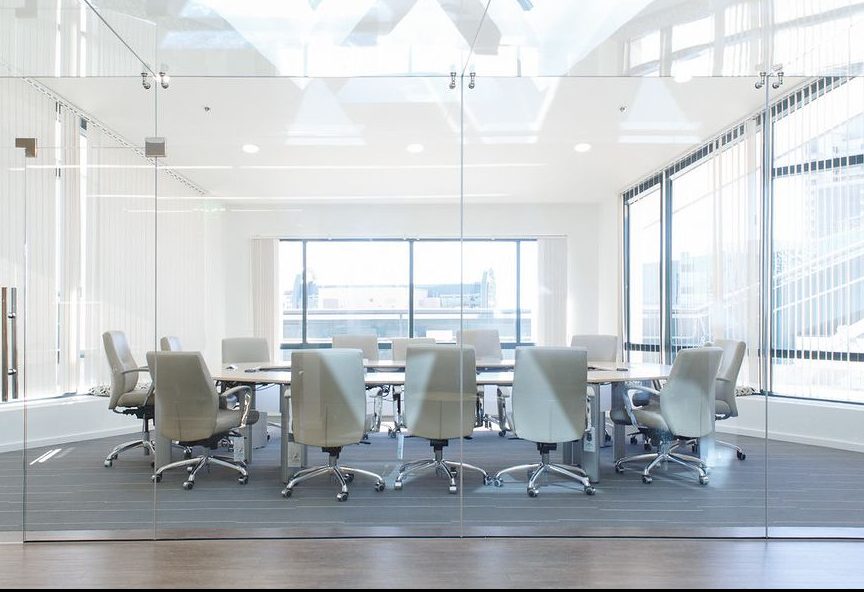
Preconstruction Budgeting
With any commercial construction project, developing a building construction budget before starting is crucial. Sticking to this plan is essential to avoid unexpected preconstruction costs, potential financing challenges, and other obstacles.
At Alta Construction, we help you plan for success from the beginning with professional construction budget services from an expert team. We have the skills, experience and resources to help you forecast all the expenses involved in your build from beginning to completion.
What Do PreConstruction Budget Services Cover?
Preconstruction budgeting is a crucial step you should take early in the building process — typically once you have created a design and working plans. A budget is not a bid. Instead, it’s an estimation of what you can expect to pay based on project specifications, current market rates and past costs for performing similar work on comparable spaces. Bids come later when it’s time to get started.
A thorough preconstruction budget will cover all potential preconstruction costs and ongoing costs involved in project completion, with line items varying by design. In most cases, construction project budgeting will include spaces for:
- Administrative costs. This area covers any required permitting, preconstruction costs, additional design costs and engineering fees involved.
- Site preparation. Preparation includes controlled demolition of existing fixtures and structures, plus debris removal and disposal.
- Materials. This category is for all the materials and supplies needed to complete the build and any other necessary jobsite equipment.
- Project labor. A budget will predict all the labor expenses involved for the project from start to finish, including the subcontractor costs.
In most cases, you’ll want to factor in other costs before breaking ground. Our team will help you uncover them to avoid any surprises.
Planning a Construction Project? Be sure to check out our Pre-Construction Checklist to make sure you are well prepared to begin construction.

What Benefits Does Preconstruction Budget Planning Offer?
Developing a budget with a skilled professional is a smart planning step in any construction project — regardless of the job’s size or complexity. When you work with us, we’ll help you take advantage of significant benefits to ensure project success. You can:
- Discover if your design is possible. A budget will take your drawings and translate them into estimated project costs. You may discover you have more or less capital to work with, letting you make any changes well ahead of time.
- Know where your money is going. Preconstruction budgets help you determine specific costs for different project stages. You can use this information to prioritize phases and plan a schedule that accommodates your financial flexibility.
- Keep your project funded. With a budget, you will know ahead of time what costs to expect and when you’ll have to pay them. This will help ensure you have enough capital on hand to keep your project moving according to the timeline.
Plan Your Project Today
At Alta Construction, we’re an experienced commercial construction firm, construction budget management experts, a licensed general contractor and a certified Minority Business Enterprise (MBE). Contact us today to learn more about our construction budgeting services and the other ways we can help make your unique vision come to life.
PreConstruction Budgeting FAQ’s
What Should Be Included in a Construction Budget?
Your budget should include potential costs that may arise throughout a construction project, listed line by line so nothing gets missed.
1. Cost of Property
You’ll need land for a new commercial building. Acquiring the property can be a significant expense based on your area of operation. It’s crucial you have the funds needed to secure the land necessary for an all-new structure or to build onto an existing one.
2. Administrative Costs
From permitting and preconstruction fees to design and engineering, administrative costs can quickly add up. It’s beneficial to set money aside for things like design services to ensure the vision you carry for a commercial building project is achievable.
There are typically fees associated with obtaining building permits. These costs vary based on location, but it’s proactive to include them in a preconstruction budget so that you can get approval to move forward. You’ll require detailed drawings for officials in your area. Ensuring you have room in your budget to plan the project and handle administrative costs eliminates hurdles.
3. Site Preparation
For any projects involving demolition or debris removal and disposal, you’ll need to factor in site preparation costs. In some cases, you may need special equipment to take down an existing structure and haul away debris. Giving yourself plenty of room in the preconstruction budget to prepare a site keeps teams organized. Site preparation tasks prevent confusion as to what is being used for a project and what should be considered scrap material. This process may also include leveling out land and compacting soil.
4. Materials
Material costs include all supplies required to finish the project and any related builds. Account for all materials needed for the interior and exterior of a commercial structure. Common materials necessary for new construction and remodels include wood, steel, concrete and brick. Factor in the material costs for roofing, windows, floors, plumbing and electrical work.
5. Project Labor
Your preconstruction budget should account for all labor costs throughout the project’s entirety, from the preconstruction phase to the grand opening. Remember to include subcontractor fees here, too! These costs will change based on the number of people it takes to build the structure on a given timeline as well as how many hours crews will be working per day.
6. Liability Insurance
It’s wise to protect buildings and workers during the construction phase. Solidify a liability insurance plan that protects against weather damage, vandalism and similar incidents before building.
7. Other Costs
Depending on the scope of your project, you may have other costs to consider that don’t fall into the categories above. That’s why our team is here: to make sure everything’s accounted for, so you can break ground with confidence.
What Are the Three Parts of a Construction Budget?
Considerations for construction budgeting fall under three general categories:
Direct costs: Think of direct costs as anything you’ll pay for that enables teams to build the new structure. Special equipment and building aggregates are both necessary to finish creating a structure.
Indirect costs: These costs relate to planning and organizing a building project. Everything from project management fees to operational costs falls under the indirect category
Profit and overhead: This category focuses on the difference between what you spend and what you make during a project (profit). You should also pay attention to the costs associated with keeping your business up and running while your project is in motion (overhead).

